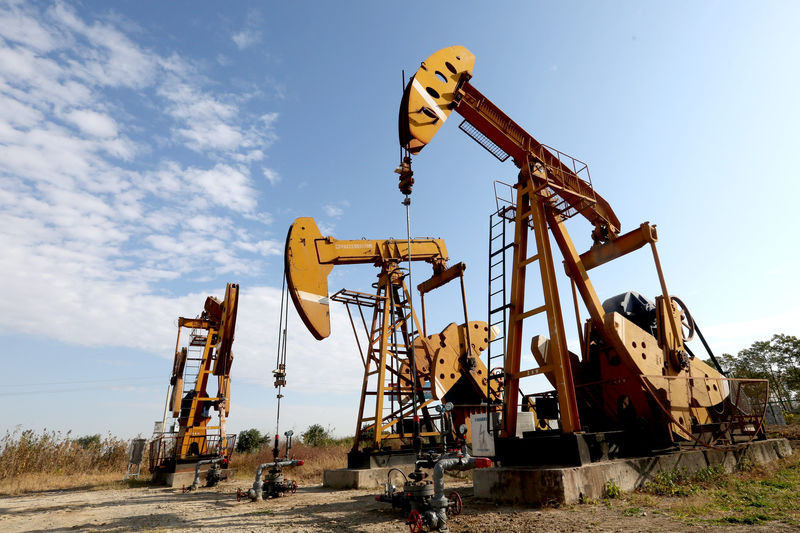By Peter Nurse
Investing.com -- Oil prices rose Tuesday, rebounding from the year’s lows on optimism that civil unrest in China will lead to the relaxing of the country’s tight mobility restrictions, potentially boosting economic activity at the world’s largest importer of crude.
By 09:10 ET (14:10 GMT), U.S. crude futures traded 1.5% higher at $78.43 a barrel, while the Brent contract rose 1.9% to $85.45.
China reported on Monday its first drop in the number of daily infections in more than a week. Additionally, the country’s National Health Commission said it will accelerate vaccination of the over 80s, a vulnerable age bracket in which over one-third is still unprotected.
Such a move has raised optimism that this could be the first step in easing back the unpopular "zero-COVID" curbs which prompted demonstrations in many cities over the weekend.
Helping the tone Tuesday was the latest inflation data out of Europe, with numbers out of Germany and Spain both falling short of expectations, suggesting the Eurozone was moving closer to peak inflation.
This could mean that the European Central Bank ends its rate-hiking cycle earlier than predicted, helping the region avoid a deep recession and a severe reduction in energy demand.
Later in the session, the American Petroleum Institute is scheduled to release its weekly inventory data, which could cast light on the strength of demand during the holiday weekend. Analysts expect the U.S. government inventory data to show a drop of around 2.5 million barrels in crude stockpiles.
An additional boost to the market Tuesday was speculation that the Organization of the Petroleum Exporting Countries and allies, known as OPEC+, will cut production in order to boost prices, when it meets on Sunday.
The group agreed back in October to reduce their production targets by 2M barrels a day from November, which briefly drove crude prices close to $100 a barrel.
However, concerns over weakening demand, particularly from China, resulted in prices falling to an 11-month low in recent sessions, below the levels seen in October when OPEC+ cut production levels.
“OPEC+ will seriously consider a new production cut at its upcoming meeting, particularly if crude prices fall much below their current level in the next week,” Eurasia Group said.
“Ultimately, the decision will depend on the trajectory of the oil price when OPEC+ meets and how much disruption is evident in markets because of the EU sanctions,” it added.
